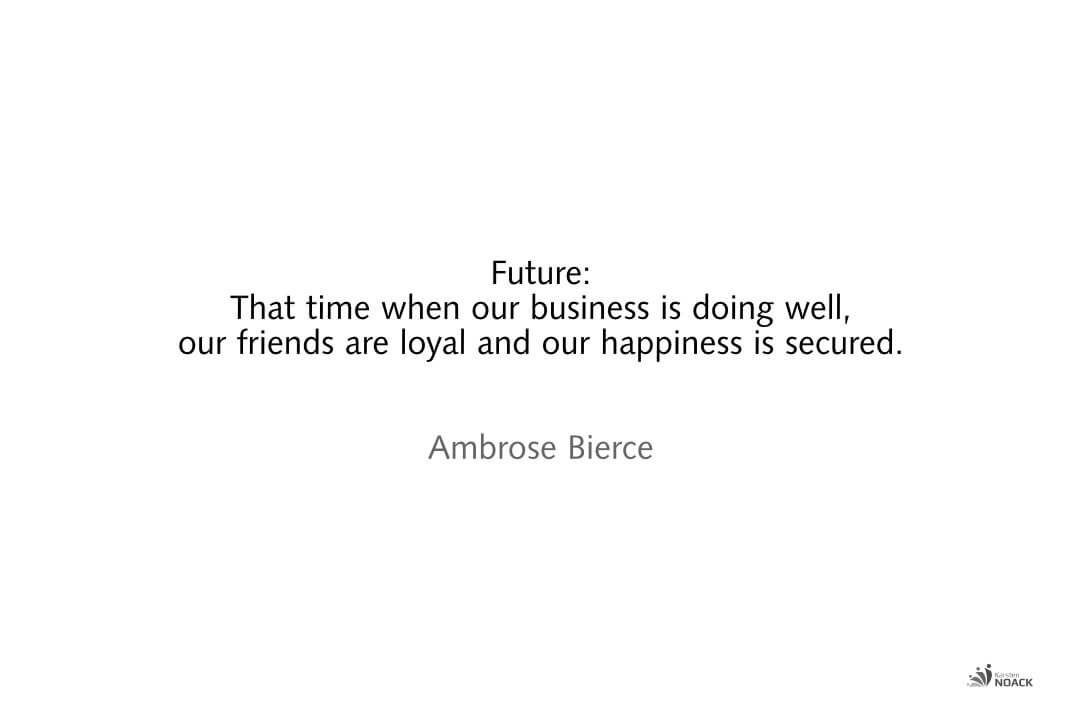What are fears and anxiety good for and how to let go of limiting fears?
More contentment through self-acceptance or does that reduce the motivation?
More contentment through self-acceptance or does that reduce the motivation?
Accepting oneself as the key to happiness and personal development
Does self-acceptance reduce motivation?
Many people consider discontentment to be the most important motivator. My observation: We are happier when we learn to accept ourselves as we truly are. And we stimulate personal development this way.
More contentment through self-acceptance
Psychologists at the University of Hertfordshire conducted 2014 a survey. 5,000 people were asked to rate themselves on the 10 habits identified in a study as keys to happiness.
10 keys to a happier life
As the 10 keys to a happier life are named in the Study (external Link).
Giving: Doing something for other people
Relating: Connecting with others
Exercising: Moving the body and taking good care of it
Awareness: Living consciously
Trying out: Trying and learning new things
Direction: Setting appealing goals
Resilience: Getting on your feet with inner strength
Emotions: Figure out what’s good for you
Acceptance: Accepting oneself
Meaning: Being part of something larger
Together, the ten keys of happiness result in the acronym GREAT DREAM.
What’s missing? Self-acceptance!
The most interesting result of the study: The participants’ self-assessment was largely positive. The only habit that many people failed on was self-acceptance. Almost half of the participants rated themselves on a 10-point scale with 5 or less.
Causes
In our culture, there is enormous pressure on us to be successful and to constantly compare ourselves with others. This causes dissatisfaction and fear. It is intended to motivate us to perform better.
How can we learn from that insight?
Many people consider discontentment to be the most important motivator. My observation: We are happier when we learn to accept ourselves as we are. The fear of losing motivation through self-acceptance is not only unjustified, but the opposite is true. Self-acceptance also makes it easier for us to evolve naturally.
The insecurity and pressure resulting from comparisons and lack of self-acceptance hinder personal development. Exactly the opposite is achieved through pressure. Positively formulated: practicing self-acceptance removes obstacles so that personal development is easier to achieve. It is worth paying attention to self-acceptance.
Practicing self-acceptance
It is important to treat ourselves as benevolently as we treat other people. This also includes considering one’s own mistakes as an opportunity to learn. Those who tend to be overly critical of themselves should practice recognizing and appreciating their strengths.
To be at peace with yourself, it helps to take time to get to know and like yourself.
If you constantly compare yourself with other people, it is easy to underestimate your possibilities and characteristics. Each one of us is unique. However, what we take for granted, we easily overlook and underestimate.
Just ask me personally
Please post any questions that may be of interest to other readers in the comments. Looking for professional help?
If you are interested in coaching, training or consulting, if you have organizational questions, or if you want to make an appointment, you can reach me best via this contact form (you can choose whether you want to enter your personal data) or via e-mail (mail@karstennoack.com). The privacy policy can be found here.
Transparency is important. That is why you will find answers to frequently asked questions already here, for example about me (profile), the services, the fees and getting to know me. If you like what you see, I look forward to working with you.
Remarks:
In the address bar of your browser, the URL should begin with "https://www.karstennoack.com/...". This indicates a secure connection (SSL). Whether you enter your real name is up to you.

This article is a short excerpt from the more comprehensive course materials my clients receive in a group or individual training or coaching.
Published: May 29, 2020
Author: Karsten Noack
Revision: May 29, 2020
Translation: ./.
German version:
K:
H:
T: RR
#452
